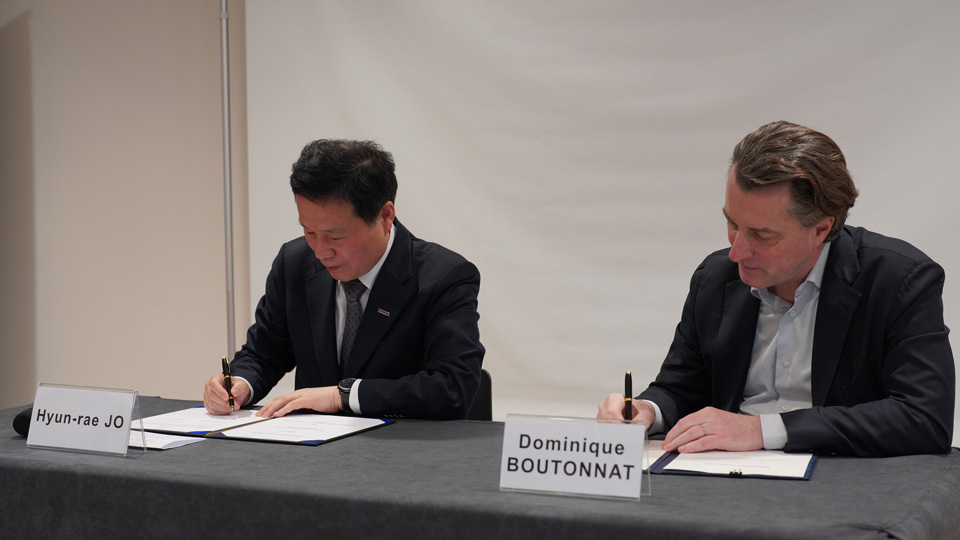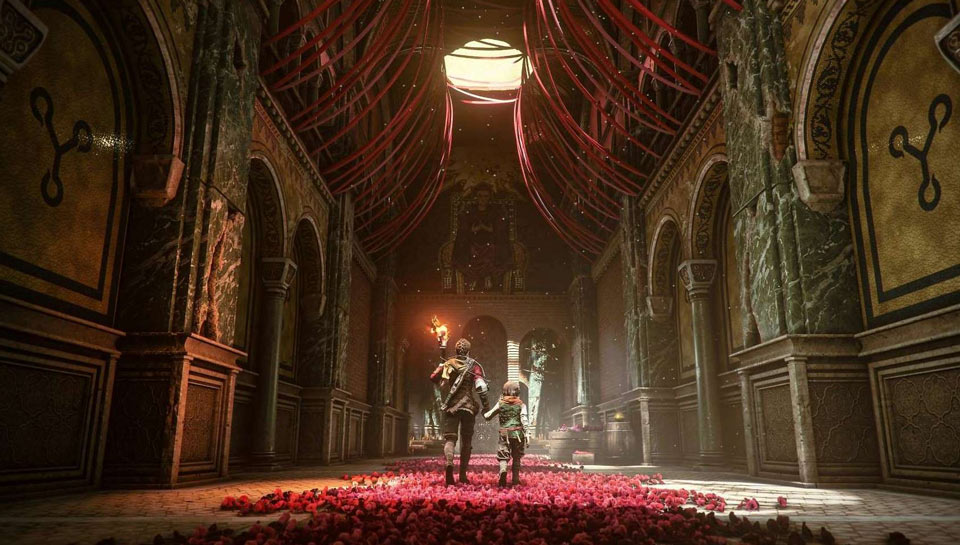 |
| The screening of Woody Allen's Midnight in Paris at the 64th Cannes Film Festival will be a chance for the CNC to present the Tax Rebate for International Production (TRIP) and discuss its initial results, in partnership with Film France. This presentation will occur on May 12, 2011 at 3:00 p.m. Voted into the initial budget law of 2009 by the Parliament, the TRIP is intended to encourage cinema and television works initiated by foreign producers to be filmed and produced in France. It also aims to enhance the image of France, its heritage, and its culture, and to contribute to vitality and employment in the French cinema and television industry, whose reputation for excellence is recognized around the world. As of March 31, 2011, just over a year after its effective implementation in December 2009, the TRIP already benefited 31 projects from eight different countries:
The diversity in projects, their format, their various countries of origin and regions where filming occurred demonstrate the effectiveness of this system, the appeal of the territory and know-how of French service providers. The Tax Rebate for International Production has increased France's competitiveness, to the benefit of artists, technicians, and technical service providers. In 2008, before the introduction of the Tax Rebate for International Production, only four foreign films, accounting for €7.4 million in spending and generating 84 days of filming, met the tax rebate's criteria in France. In 2010, 15 live action shoots were approved for the TRIP, i.e., 235 days of filming, and six times more projected spending than in 2008. In animation and visual effects, the TRIP contributed to the establishment of lasting relations between French operators and major American companies. Thus, Universal entrusted most of the production work for its feature films Despicable Me and The Lorax to the Mac Guff Ligne company. The same was true for Buf Compagnie, which created the majority of digital special effects for Marvel's film Thor. The projects approved to date for the Tax Rebate for International Production should generate about €119 million in direct spending in France[i], including €59 million for live action filming and €60 million for animation and visual effects. These expenditures will notably cover personnel costs and technical services, as well as hotel, restaurant, and transport-related expenses. Personnel costs thus account for over half of total expenditures in France by approved projects. Altogether, the live action filming projects should employ over 1,800 French residents over a total duration of over 450 days. Projects related to producing animation and visual effects should involve over 400 people for a total duration of about 2,350 days. For the ten projects of all natures currently approved, this corresponds to over 53,000 days intermittently. As far as technical services are concerned, aside from the production of animation and visual effects, film equipment rental companies are among the technical film industry participants that take full advantage of the tax rebate. In contrast, the share of spending in France for the rental of film sets remains very low and should be given particular attention in order to improve the appeal of France's territory. This initial assessment of the implementation of the Tax Rebate for International Production is especially encouraging and attests to the efficacy of this rebate, which has generated €119 million in direct spending in France during its first year, i.e., much higher returns than the fiscal cost of the measure (€20 million). The Tax Rebate for International Production is allocated selectively by the CNC to the executive producer of the film in France, based on the expertise of Film France. To be eligible, films must have at least one million euros in eligible spending in France and, for fiction films, at least 5 days of filming. These films must also include elements pertaining to the culture, heritage, or territory of France, in accordance with a points scale specific to each genre. The amount of tax rebate is equal to 20% of eligible film expenses in France and is limited to €4 million per film. |
The Tax Rebate for International Productions (TRIP) : Initial Results
05 May 2011




